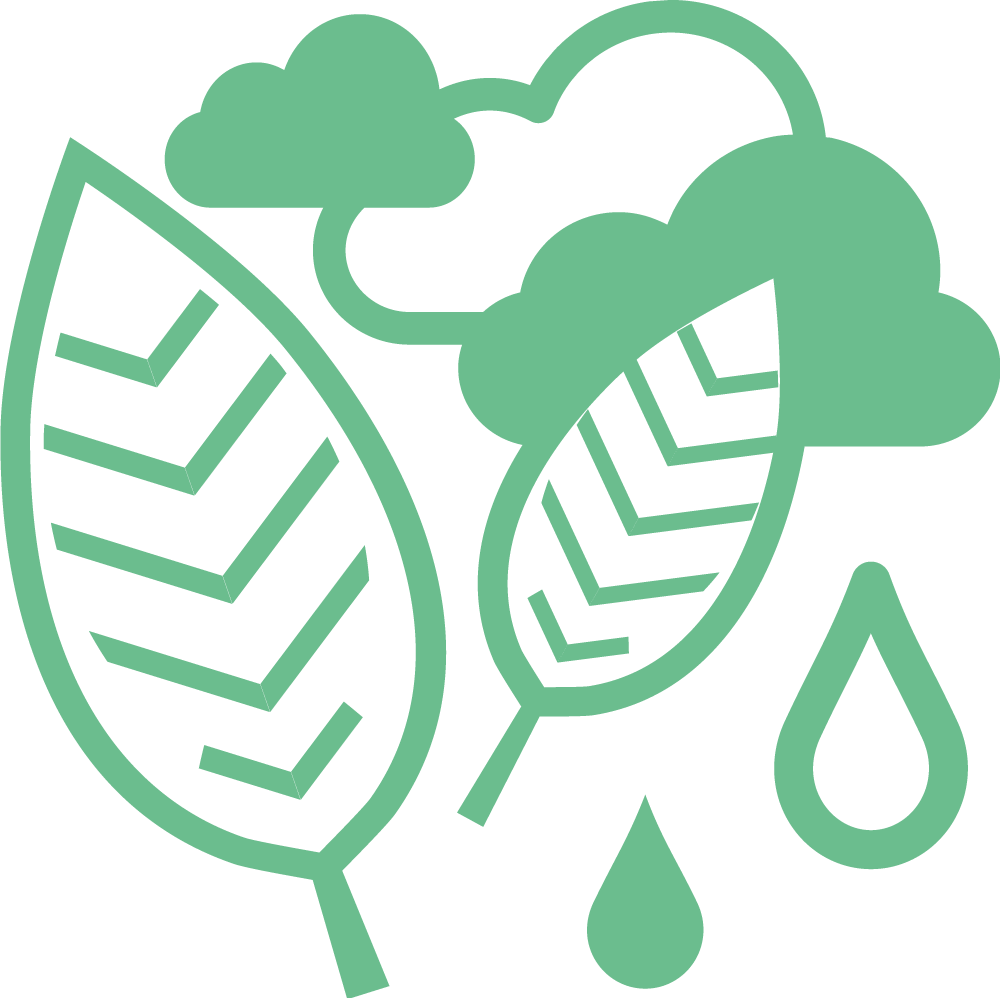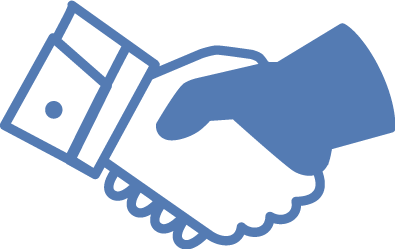Yes, you read right. Your smartphone could be the cause for war, genocide and other crimes against humanity. You’re probably thinking: “There’s no way I can be part of what’s causing such terrible situations.” Reality is, you could, all because of the minerals found in your electronic devices.
According to Fairphone, there can be up to 40 minerals in a smartphone. On the list: tungsten, iron, copper, tantalum, nickel, tin, gold, silver, etc. The ones that interest us here are tin, tantalum, tungsten and gold (or 3TG), most commonly referred to as conflict minerals. Why conflict minerals? Because the exploitation and exportation of these minerals (and their derivatives) are financing conflict in the Democratic Republic of Congo and adjoining countries.
The Dodd-Frank act
When choosing a product or brand, consumers indirectly support the activities and suppliers of that company. In the past few years, many leading brands were criticised for their supply chain accountability. Obama signed the Dodd-Frank Act back in 2010, which requires – among other things – US companies trading on the Stock Exchange to transparently map out supply chains and to fill a first disclosure report by 2014. Various governments followed-up on this initiative: the EU followed suit with the European Market Infrastructure Regulation directive. Since its implementation, the Dodd-Frank Act has successfully reduced by over 50% revenues going to militias.
Although it’s not mandatory for companies to reveal the results of their disclosure reports with the general public (yet), some corporations have taken the lead in publicising their results. Apple is a good example: in addition to providing their progress report, they also make their corrective actions available. You can access the Apple Supplier Responsibility report here.
Other interesting initiatives like Fairphone offer the opportunity for consumers to actively contribute to a fairer economy by choosing a sustainable product that is proactively fighting against conflict minerals. Plus, these guys even have a social investment program to recycle old phone parts.
The dawn on a long journey
Even if the situation has improved in recent years, we’re still at the beginning of our journey towards a conflict-free market. Most conflict minerals come from the Democratic Republic of Congo and even with joint efforts of communities, governments and corporations, they still make it to the international supply chain. What happens is they are smuggled across the border and then smelted with resources coming from other locations, thus making it nearly impossible to track provenance of minerals.
As consumers, how can we make a difference in the battle against conflict minerals? It all begins with awareness. Getting the word out and educating people around us is a first step in the right direction. Then there are all the decisions we make as consumers. Choosing responsible products and asking for companies to be accountable for their supply chains and operations is the next step. Supporting social movements that aim at ending crimes against humanity like Enough Project’s campaign Raise hope for Congo are also options.
Working with clients for a fairer economy
Accountability, integrity and transparency are among the core values at Boréalis and it’s exactly why I’ve chosen to develop my career here. I love that our application helps our clients better manage their operations, ensure compliance to international standards like GRI, World Bank and Equator Principles, develop social programs that benefit communities, etc. Knowing that our everyday efforts are contributing to responsible, fair and sustainable practices just makes it easier to get up every morning.
Next time you buy electronics, try to remember that your footprint goes way beyond the device you’ve got your heart set on.





